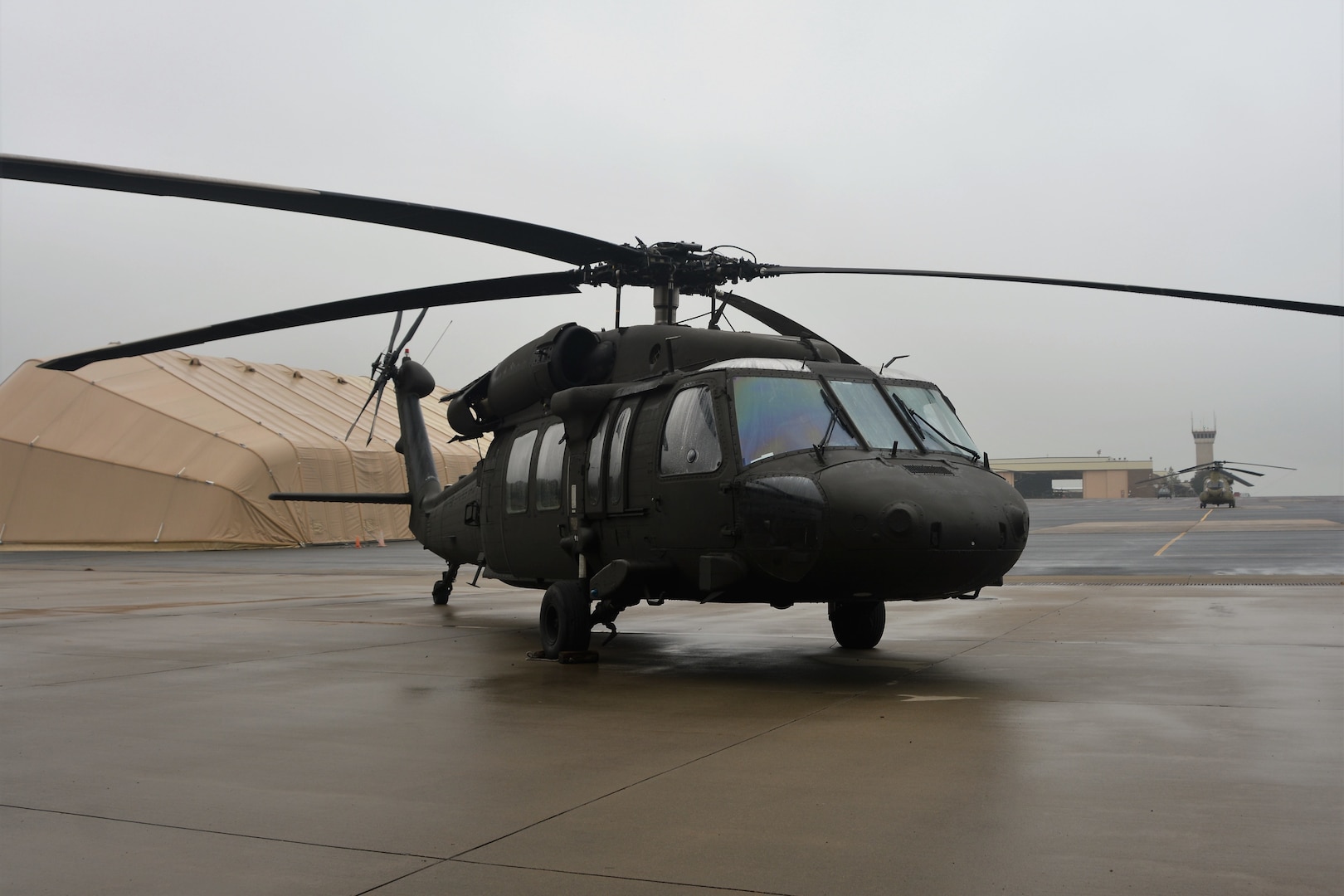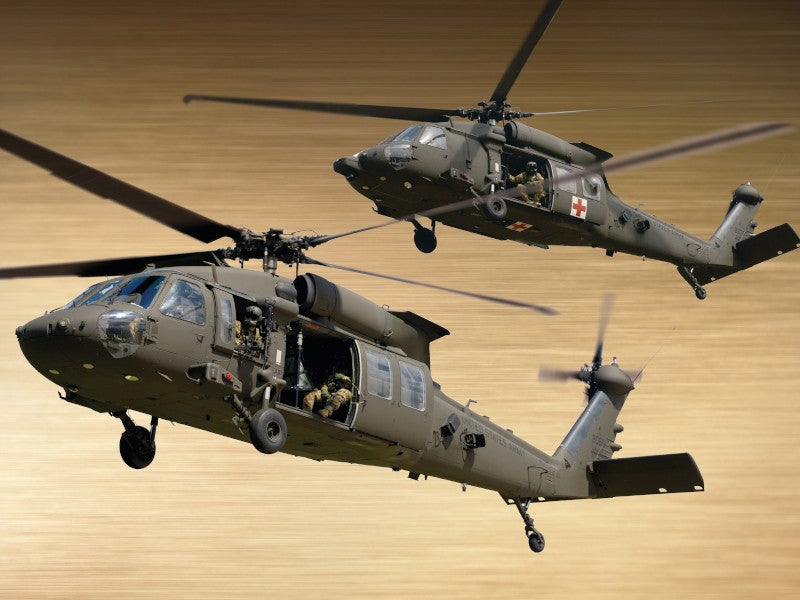The Duty of Aircraft fit International Transportation and Profession Characteristics
The development of aircraft has actually indelibly changed global transportation and profession characteristics, assisting in extraordinary degrees of connection and efficiency. With the facility of robust air cargo networks, businesses can currently navigate worldwide markets with amazing rate and dexterity, thereby redefining supply chain methods. Nonetheless, this makeover is not without its challenges, as the aeronautics sector faces sustainability concerns and regulative stress. As we discover the multifaceted impacts of airplane on international profession, it is necessary to consider just how these factors will certainly shape the future landscape of air travel and its role in the economic situation.

Development of Air Transport
The evolution of air transport has actually been marked by significant technological innovations and innovations that have actually transformed the means people and products cross the globe. From the Wright bros' initial powered trip in 1903 to the development of supersonic jets, each landmark has actually emphasized the relentless quest of performance and rate in air travel. Early airplane were mostly rudimentary, restricted by engine power and structural integrity. The intro of innovative products and the rules of aerodynamics in the mid-20th century led to substantial enhancements in aircraft security, performance, and dependability.
The latter component of the 20th century experienced the emergence of business aviation as a feasible setting of transportation, defined by the intro of jet engines, which reinvented air traveling by significantly decreasing flight times. The rise of air freight in parallel with traveler solutions has actually additionally emphasized the versatility of aviation.
Effect On Global Trade
Air transportation has actually exceptionally reshaped global profession by assisting in the swift motion of items across huge distances. This expedited logistics capacity permits organizations to react rapidly to market needs, therefore boosting supply chain efficiency. The capacity to deliver disposable products, high-value things, and time-sensitive products has actually opened up new markets and possibilities for numerous industries, considerably affecting trade patterns.
In addition, the development of air freight networks has actually promoted globalization, allowing business to source products and items from various parts of the globe seamlessly. This interconnectedness lowers lead times and expenses, permitting organizations to stay competitive in a progressively worldwide industry. Additionally, air transportation plays a crucial role in ecommerce, where customer expectations for fast delivery have actually driven a rise in demand for air cargo solutions.
The effect of aircraft on international trade reaches the development of calculated profession courses, connecting regions and promoting worldwide partnerships. Nations that buy air transport facilities frequently experience enhanced financial development and increased international direct investment. In general, the evolution of air transportation has not only changed the logistics landscape but has also end up being an essential component in the dynamics of global trade.

Economic Benefits of Aeronautics
A robust aeronautics market generates substantial financial advantages, contributing to work development, tourist, and general financial development - uh 60. The aviation industry supports numerous jobs internationally, ranging from direct work in airline companies and airports to indirect roles in markets such as hospitality, transport, and logistics. According to sector records, for every job in the aviation industry, around 3.5 extra work are produced in the why not try these out more comprehensive economy
Tourism is an essential aspect of the financial benefits stemmed from air travel. Air additional info traveling facilitates international tourism, allowing vacationers to discover diverse locations, which subsequently stimulates neighborhood economies. Nations that purchase their air travel facilities often experience increased visitor arrivals, causing higher spending on services such as destinations, resorts, and dining establishments.

Furthermore, aeronautics enhances global connectivity, making it possible for services to access brand-new markets and sources efficiently. This connection promotes worldwide trade, permitting the fast activity of products, which is crucial in today's globalized economy. Therefore, sectors such as ecommerce and production benefit greatly from reliable air transportation, further driving economic growth. Overall, the aeronautics sector stays a keystone of economic vitality, highlighting its important role fit contemporary economic situations.
Obstacles Encountering the Air Travel Market
Navigating a complex landscape of regulative, ecological, and financial obstacles, the aviation market faces substantial obstacles that intimidate its sustainability and development. Rules surrounding security and safety are constantly progressing, demanding recurring conformity and adaptation from producers and airline companies (uh 60). This can bring about boosted functional expenses and source allotment that diminishes advancement and expansion efforts
Furthermore, environmental concerns have ended up being critical, with growing examination over carbon discharges and sound pollution. The market is under pressure to adopt greener practices and modern technologies, which often call for considerable financial investment in research study and growth. Stabilizing these ecological responsibilities with the demand for air traveling presents a considerable difficulty.
Economic variations, such as rising gas rates and geopolitical unpredictabilities, additionally make complex the landscape. Airlines frequently grapple with unstable operating expenses and rising and fall traveler demand, which can influence success and long-term planning. Labor lacks and ability spaces in critical areas add another layer of complexity, impeding functional performance.
Eventually, addressing these diverse difficulties is necessary for the aviation industry to preserve its essential duty in international transport and trade, while ensuring resilience and adaptability in an increasingly open market.
Future Fads in Air Travel
Emerging technologies and moving consumer preferences are positioned to improve the future of flight considerably. The combination of fabricated knowledge and artificial intelligence is anticipated to boost functional effectiveness, streamline flight terminal processes, and enhance customer support. Predictive analytics will certainly get redirected here assist in much more precise need forecasting, permitting airline companies to maximize flight timetables and prices models.
Sustainability is becoming a key driver in flight, with the air travel sector progressively focused on lowering carbon discharges. Developments in aircraft layout, such as hybrid and electric propulsion systems, are being explored to meet ecological targets. Moreover, the adoption of sustainable aeronautics fuels (SAFs) is anticipated to play an essential duty in achieving net-zero discharges by 2050.
Consumer preferences are changing in the direction of personalized travel experiences. Airline companies are investing in sophisticated information analytics to customize services and enhance client interaction, guaranteeing a much more tailored journey from booking to arrival. In addition, the surge of remote work may result in boosted demand for leisure traveling, as individuals look for to integrate job and holiday.
Conclusion
Finally, airplane dramatically influence global transport and profession dynamics by facilitating fast motion and boosting supply chain effectiveness. The advancement of air transportation has actually changed global trade, generating substantial economic benefits while additionally offering difficulties that need strategic administration. Future trends suggest a continued dependence on air travel for business, highlighting its essential function in globalization and financial growth. The continuous adaptation of the aeronautics market will be necessary for maintaining its payments to the international economic situation.
The last part of the 20th century witnessed the emergence of business aviation as a sensible mode of transport, defined by the intro of jet engines, which reinvented air travel by substantially lowering flight times. The rise of air cargo in parallel with guest solutions has even more emphasized the versatility of aviation. Furthermore, air transportation plays a vital function in shopping, where customer assumptions for rapid distribution have driven a surge in demand for air products solutions.
Overall, the development of air transport has not just transformed the logistics landscape yet has likewise end up being an important component in the characteristics of global trade.
Sustainability is coming to be a key chauffeur in air traveling, with the air travel sector increasingly concentrated on minimizing carbon exhausts.